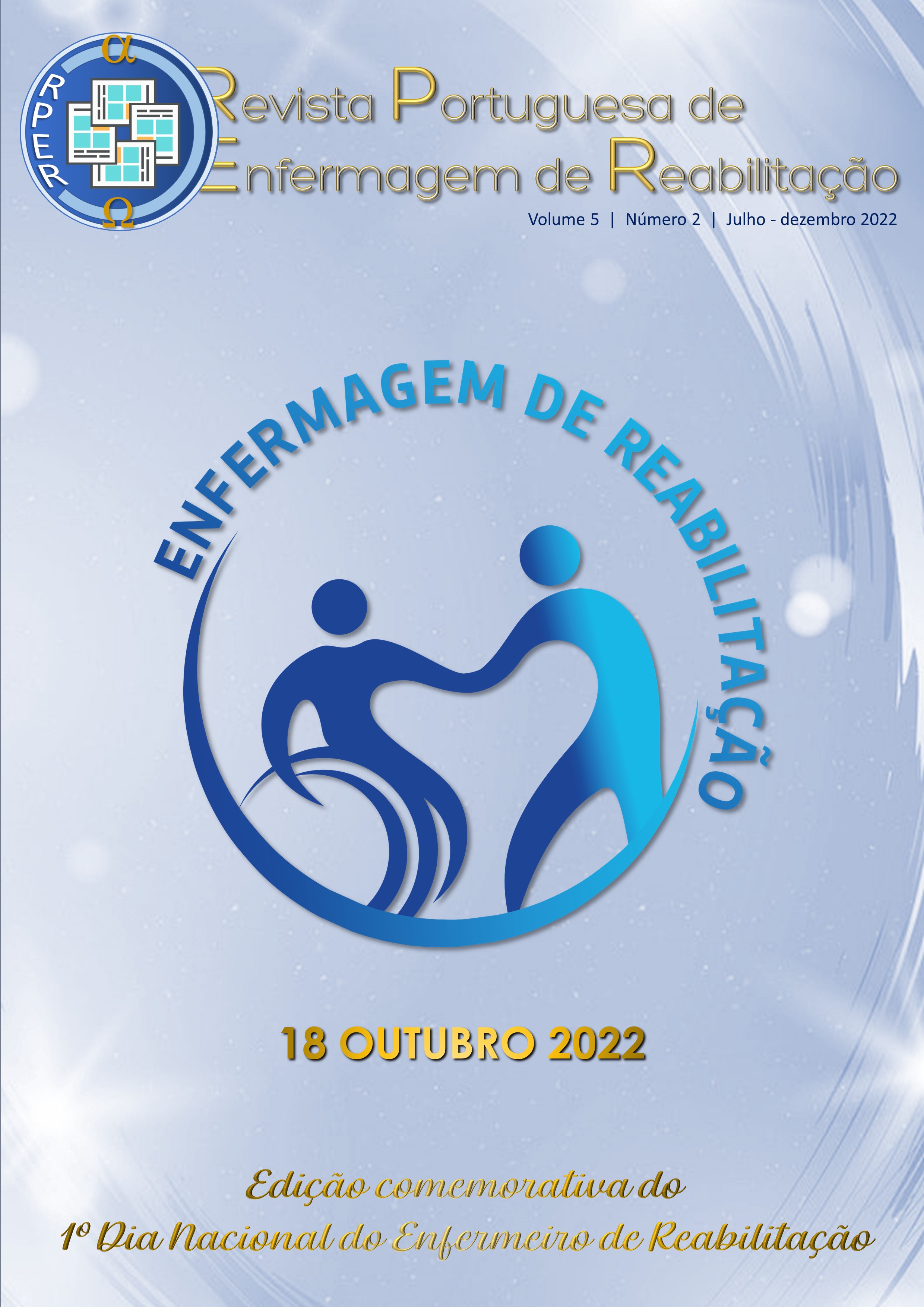Abstract
Introduction: Spinal cord injury (SCI) translates into a critical event that results in significant changes to the lifestyle of an individual, family, caregiver. This article describes different stages of development of a digital game for the training of caregivers of SCI patients focusing on the intervention of rehabilitation nurses. It aims to describe usability and acceptance of “CuizGiver” game by experts.
Methodology: This process develops in 3 phases. Firstly, an integrative literature review was performed to identify the needs of caregivers of SCI patients. In the second phase, a game was designed to further instruct the caregivers. Lastly, a group of experts validated the android application.
Results: In first step, was identified knowledge needs about SCI and associated health problems (neurogenic bladder management; prevention of urinary tract infections; neurogenic bowel management; prevention of respiratory infections; prevention of pressure ulcers; acting on autonomic dysreflexia and/or spasticity; medicines management or adequate nutrition). In view of these needs, a game was created, which was evaluated and tested by 23 experts. Feedback regarding its use to further instruct caregivers and address their queries, was positive and relevant and marked as educational and appealing.
Conclusion: The requirements regarding caregivers preparation and knowledge are predominant in the rehabilitation nurse intervention process. Gamification is a significant and innovative strategy. “CuizGiver” game was appreciated by experts, giving positive and relevant feedback in the use for training caregivers, allowing to identify their doubts and being educational and appealing. Nonetheless, its effectiveness in this audience requires further investigation.
References
Alizadeh A, Dyck SM, Karimi-Abdolrezaee S. Traumatic Spinal Cord Injury: An Overview of Pathophysiology, Models and Acute Injury Mechanisms. Frontiers in neurology. 2019 Mar 22;10:282. https://doi.org/10.3389/fneur.2019.00282
Campos I, Margalho P, Lains J, Lopes A, Branco C, Faria F, et al. People with Spinal Cord Injury in Portugal. American Journal of Physical Medicine & Rehabilitation. 2017, 2;96:S106–8. https://doi.org/10.1097/PHM.0000000000000616
Phinao G, Thomas D, Mathur R G. Assessing Efficacy of Self-Instructional Module on Rehabilitation After Spinal Cord Injury in Terms of Knowledge and Expressed Practices Among Indian Patients and their Caregivers, IOSR Journal of Nursing and Health Science 2020, 9(4), 24–34. https://doi.org/10.9790/1959-0904112434
Ellenbogen PS., Meade MA., Jackson M N., Barrett K. The impact of spinal cord injury on the employment of family caregivers. Journal of Vocational Rehabilitation, 2006. 25(1), 35–44.
Rodriguez LJ., Rios MP., Costa CL., Hermoso MC., Alonso NP., Agea J. Relatives of people with spinal cord injury: A qualitative study of caregivers’ metamorphosis. Spinal Cord, 2018. 56(6), 548–549. https://doi.org/10.1038/s41393-018-0092-0
Conti A, Garrino L., Montanari P., Dimonte V.. Informal caregivers’ needs on discharge from the spinal cord unit: Analysis of perceptions and lived experiences. Disability and Rehabilitation, 2015. (2), 1–9. https://doi.org/10.3109/09638288.2015.1031287
Jeyathevan G., Cameron JI., Craven BC., Jaglal SB. Identifying required skills to enhance family caregiver competency in caring for individuals with spinal cord injury living in the community. Topics in Spinal Cord Injury Rehabilitation, 2019. 25(4), 290–302. https://doi.org/10.1310/sci2504-290
Baptista G., Oliveira T. Gamification and serious games: A literature meta-analysis and integrative model. Computers in Human Behavior, 2019. 306–315. https://doi.org/10.1016/j.chb.2018.11.030
Sardi L., Idri A., Fernández-Alemán JL. A systematic review of gamification in e-Health. Journal of Biomedical Informatics, 2017. 71, 31–48. https://doi.org/10.1016/j.jbi.2017.05.011
Abraham O., LeMay S., Bittner S., Thakur T., Stafford H., Brown R. Investigating serious games that incorporate medication use for patients: Systematic literature review. JMIR Serious Games, 2020.8(2), 1–9. https://doi.org/10.2196/16096
Fija?ko N, Gosak L., Debeljak N., Skok P., Štiglic G., Cilar L. Gamification in nursing: a literature review. Obzornik Zdravstvene Nege, 2020. 54(2), 133–152.
Sá KC., Martins MG., Costa CA., Barbosa J., Righi R. A Mapping Study on Mobile Games for Patients of Chronic Diseases. Journal of Medical Systems, 2017. 41(138)https://doi.org/10.1007/s10916-017-0781-9
Pessoa C. Recorrer à gamificação para a capacitação do cuidador do Lesionado Vertebro-medular: Contributos para a enfermagem de reabilitação. Tese de mestrado, Escola Superior de Enfermagem do Porto. Repositório Cientifico. http://hdl.handle.net/10400.26/39509
Martins AI., Rosa AF., Queirós A., Silva A., Rocha NP. European Portuguese Validation of the System Usability Scale (SUS). Procedia Computer Science, 2015. 67, 293–300. https://doi.org/10.1016/j.procs.2015.09.273
Bardin L. Análise de conteúdo. São Paulo: Edições 70, 2011.
D’Aprile G., Ligorio MB., Severino AU.. How Serious Games for Health Enhance Empowerment-Related Patient Education: The Impact of Gender. Technology, Knowledge and Learning, 2019. 24, 325–340. https://doi.org/10.1007/s10758-017-9344-x
Sarker U., Kanuka H., Norris C., Raymond C., Yonge O., Davidson S. Gamification in nursing literature: An integrative review. International Journal of Nursing Education Scholarship, 2021. 18(1), 389–395. https://doi.org/10.1515/ijnes-2020-0081
Blok AC., Valley TS., Abbott P. Gamification for Family Engagement in Lifestyle Interventions: A Systematic Review. Prevention Science, 2021. (0123456789). https://doi.org/10.1007/s11121-021-01214-x

This work is licensed under a Creative Commons Attribution-NonCommercial-NoDerivatives 4.0 International License.
Copyright (c) 2021 Portuguese Rehabilitation Nursing Journal
Downloads
| Abstract Views | 483 |
|---|
| PDF (Português (Portugal)) | 349 |
|---|





